Tomorrow, the country will announce the list of key leaders of 34 provinces and cities; including the secretaries and chairmen of 23 newly formed localities after the merger.
Speaking with VietNamNet, Dr. Tran Khac Tam, Chairman of the Soc Trang Province Business Association, Vice Chairman of the Mekong Delta Business Association Council, shared practical perspectives as well as issues with leaders of new provinces and cities after the merger.
Creating a transparent, stable and equal business environment
The merger of provinces opens up new development space for localities, and leaders of provinces and cities are also given more power and greater responsibility. As a businessman, what specific actions do you think leaders of new provinces and cities need to take to take advantage of this opportunity to develop their localities?
The merger of provinces and cities, as the General Secretary affirmed, is a revolution in thinking about development space and allocation of national resources.
Therefore, I believe that the actions of the new leadership in the first days will be decisive for the success or failure of this major policy. Speeches full of good words, beautiful ideas, promises and commitments from provincial and municipal leaders are necessary, but the most important thing is to take decisive action with specific and measurable tasks.
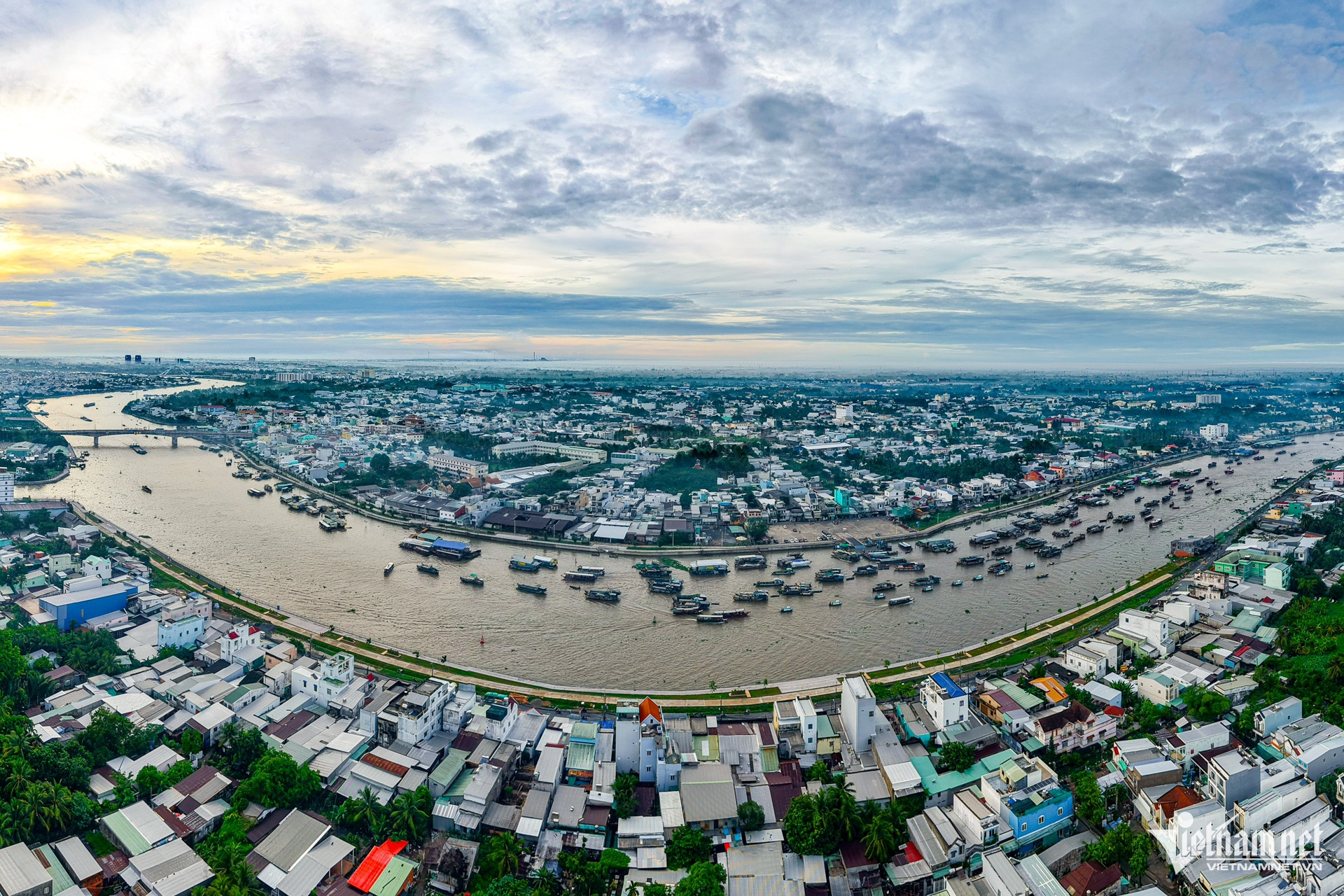
Merging provinces is a revolution in thinking about development space and allocation of national resources. Photo: Nguyen Hue
First, I think the new leadership needs to immediately implement a policy of creating a transparent, stable and truly equal business environment.
The initial post-merger phase will certainly be turbulent, while businesses fear uncertainty the most. Therefore, the new leadership needs to quickly organize substantive dialogues with the business community to listen to and immediately resolve problems, and announce a clear and consistent "rule of the game" for the entire new economic space.
We must immediately eliminate the mindset of "if you can't manage, then ban" and the mentality of "ask - give" that has been deeply rooted in many leaders of many localities, as General Secretary To Lam has repeatedly emphasized.
Second, I think the new leadership must rethink planning and resources. The new space is larger, there is more room for development, but if we still think in the old way, dividing resources evenly, it will be difficult to create motivation to promote local development. The provincial chairman must determine which are the key economic sectors, which are the driving force for growth, in order to have reasonable priorities.
For example, the new Can Tho now has a "gateway" to the East Sea via Soc Trang. This is a strategic advantage. So what is the specific action? It is necessary to immediately plan and call for investment in an international-scale logistics system, connecting Hau Giang's agricultural areas, Can Tho's industrial zones with the Tran De deep-water port cluster. This must be done immediately, cannot be delayed.
Third, I think it is necessary to stabilize the administrative apparatus and ensure that there are no disruptions in business operations and people's lives.
Administrative procedures must be ensured to be smooth, without congestion, and businesses having to run between old and new headquarters. Digital transformation must be vigorously promoted, providing 100% of administrative procedures in the electronic environment, regardless of administrative boundaries, considering this a vital solution so that the post-merger apparatus can operate effectively.
So what are the challenges that local leaders need to overcome immediately after the merger, sir?
We define merger as a revolution, so the challenges are certainly huge. The important thing is to face the truth to overcome it, not to avoid it.
The biggest and first challenge for local leaders, in my opinion, is the initial disruption. Some voters in Soc Trang and Hau Giang are worried about having to travel far to complete administrative procedures. Businesses are concerned about policy changes and the cost of converting documents. Officials and civil servants are worried about their positions...
If the provincial leaders cannot resolve this psychological "storm", all plans will remain on paper. This is something I think must be resolved immediately.
The second challenge is the risk of "conflict" in management culture and localism. For example, Can Tho, Soc Trang, Hau Giang, each place has a different socio-economic situation, customs and staff. Merger is not a mechanical addition.
The challenge here is how to reconcile, to create a unified entity, a smoothly operating apparatus for a common goal, not a "takeover" of one locality by another. There must be a mechanism so that truly capable cadres, wherever they are, are respected, regardless of this locality or that locality, "your people or mine".

Dr. Tran Khac Tam, Chairman of Soc Trang Province Business Association, Vice Chairman of the Council of Business Associations of the Mekong Delta. Photo: NT
Next is the “problem” of benefits and resources. That is the handling of surplus public assets, surplus staff and civil servants. Hundreds of thousands of staff and civil servants and more than 4,000 surplus public offices after the reorganization must be resolved in a reasonable manner, avoiding waste and negativity. These are extremely complicated and sensitive matters, requiring decisiveness and transparency.
3 essential issues to turn aspirations into reality
To achieve a growth rate of 8% or more, moving towards double-digit growth as the Government's target as well as preparing conditions for the country to enter a new era, it is clear that in the new context, operating the local government apparatus according to the new model (2 levels instead of 3 levels as before), the secretaries and chairmen of provinces and cities cannot lead, direct and operate in the old way?
The target of 8% growth by 2025 and moving towards double digits is a great aspiration but also a huge pressure. To turn the aspiration into reality, I believe that there are 3 crucial issues that must be solved.
The first issue, similar to the central level, is that localities must also "renew" old growth drivers and establish new growth drivers. Accordingly, it is necessary to clear and effectively use public investment capital, striving to disburse 100%. Having money but not being able to spend it is a crime. At the same time, it is necessary to create a breakthrough mechanism to attract private capital and high-quality FDI capital into areas that create great added value such as deep processing of agricultural and aquatic products, logistics, high technology, etc.
With new momentum, Resolution 57 of the Politburo on science, technology, innovation and digital transformation must be vigorously implemented. In the province where I live, the new leadership must create an "ecosystem" for innovation to develop right in the new Can Tho, turning this place into a "silicon valley" of the Mekong Delta.
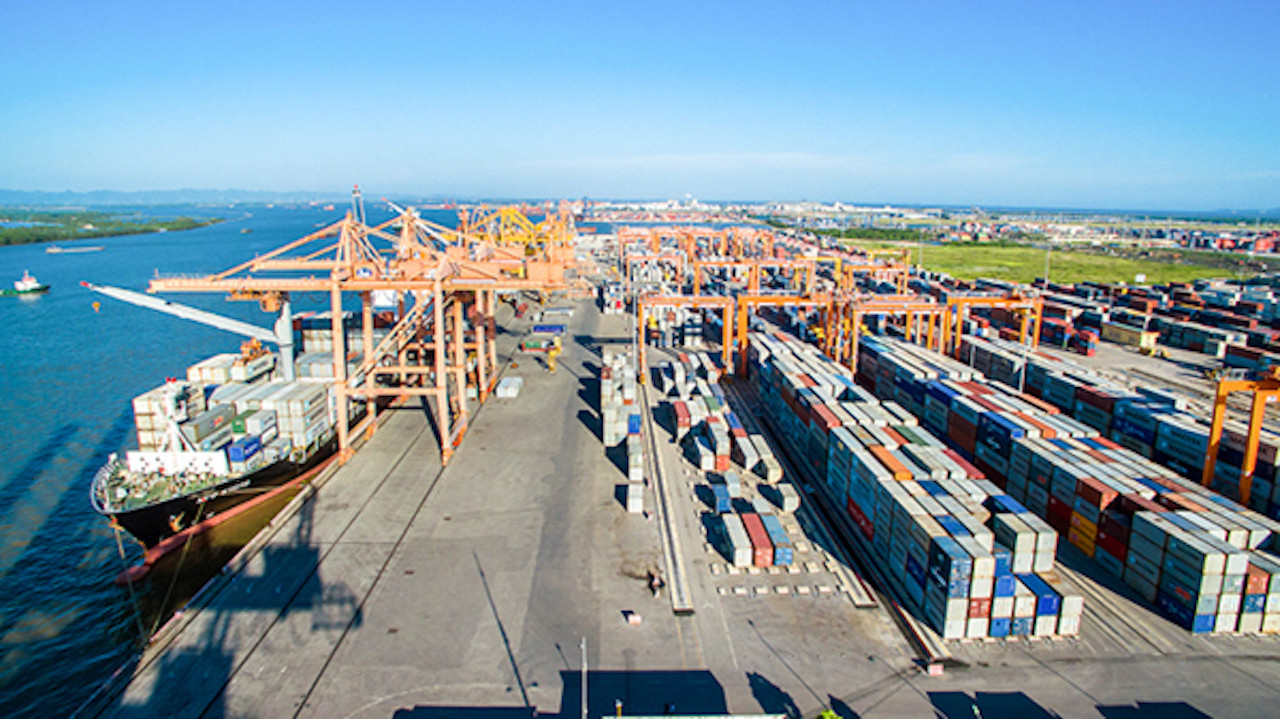
Tran De seaport is one of the driving forces for Can Tho (new) to develop marine economy.
Second is infrastructure and connectivity. A megacity cannot develop with a fragmented infrastructure system. There must be an infrastructure revolution. For example, the Chau Doc - Can Tho - Soc Trang expressway is necessary but not enough. A multimodal transport network, seamlessly connecting industrial parks, raw material areas with seaports and airports is needed to fully exploit the potential of a new "megacity" like Can Tho.
The third and most important issue is the leadership team’s courage and mindset. Do they dare to think big, dare to do, dare to take responsibility? Do they dare to delegate power and opportunities to private enterprises with aspirations and capabilities to lead economic sectors?
To achieve double-digit growth, leaders must have breakthrough thinking, not be complacent officials who are afraid of mistakes and responsibility.
Leading new provinces and cities to overcome the waves and reach out to the ocean
As a businessman in Soc Trang - now Can Tho City, in your opinion, what factors do the new local leaders need to possess to develop the new Can Tho to be worthy of being one of the 6 centrally-run cities with a leading role in the entire Mekong Delta region?
As I have analyzed above, first of all, the new leader must have a fair mindset and a vision beyond the old administrative boundaries.
The merger of Soc Trang and Hau Giang provinces into Can Tho City is a strategic move to elevate Can Tho's position as a regional center. After the merger, Can Tho also possesses the most diverse and modern transportation system in the region, such as Can Tho International Airport, the key expressways Can Tho - Ca Mau and Chau Doc - Can Tho - Soc Trang, along with the seaport system, Can Tho river port, Cai Cui and the potential of Tran De seaport...
The addition of Hau Giang with its orientation towards industrial and logistics development and Soc Trang with its strengths in agriculture, processing industry, trade, services and tourism will create a comprehensive and competitive economic center.
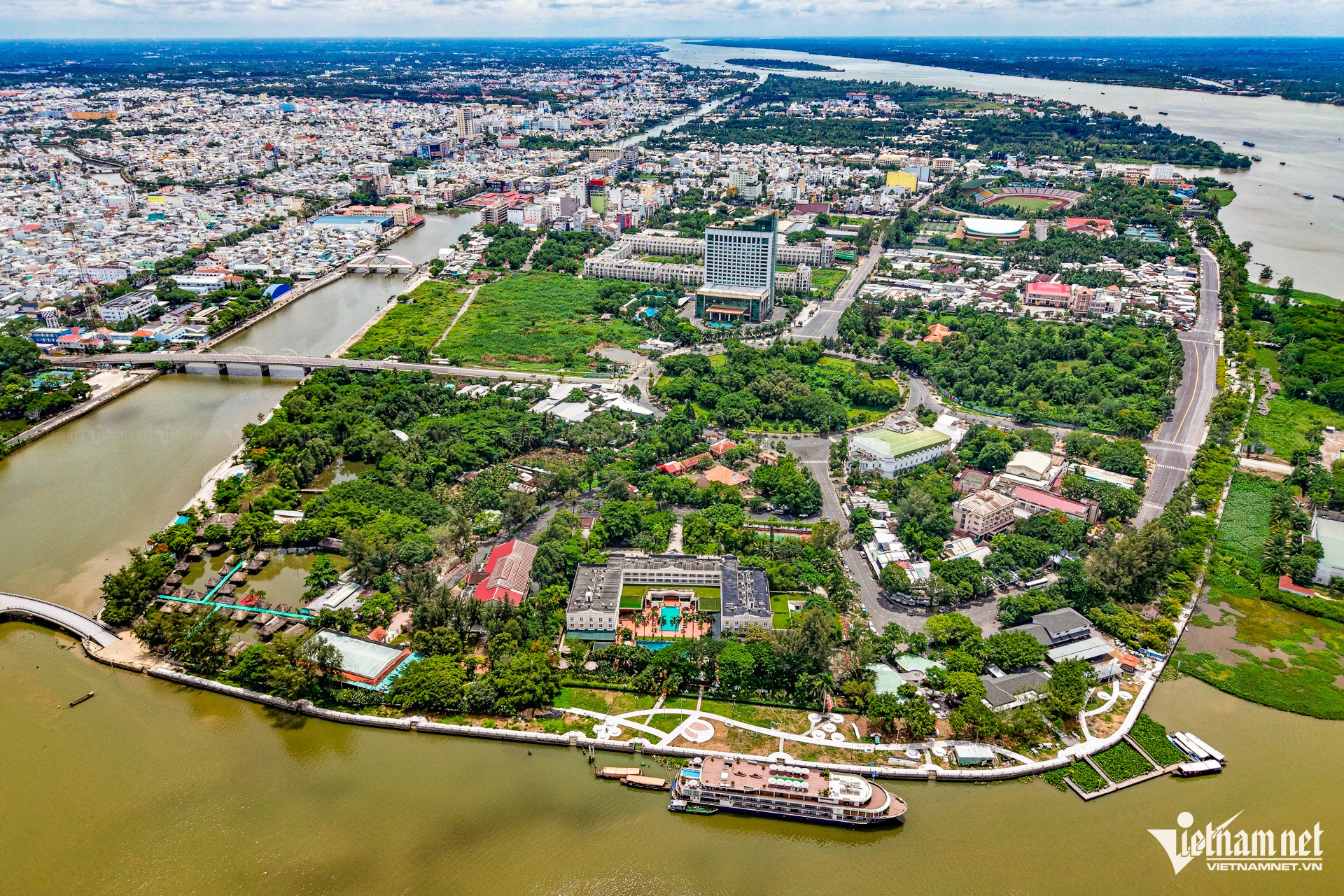
A new “megacity” like Can Tho needs a multimodal transport network that seamlessly connects industrial parks, raw material areas with seaports and airports. Photo: Nguyen Hue
Therefore, new leaders must be people with a marine economic mindset and a deep understanding of the agricultural value chain. They must understand how to build a logistics center, a modern seafood processing industry, connecting Soc Trang's agricultural production areas with Can Tho's processing, research, and export centers to create a complete value chain.
In other words, the new leader of Can Tho City must be someone who can overcome local and regional mentality to be able to promote the potential and advantages of the megacity Can Tho that the merger brings, worthy of being the leading city of the entire Mekong Delta region.
Representing the business community in the Mekong Delta, what do you think the business community expects most from the new leaders after the merger?
In short, what we entrepreneurs expect from our new leaders is trust and genuine companionship. That trust must be built on four pillars: Action, Transparency, Innovation and Responsibility.
We have heard too many promises, now it is time for action. Show us breakthrough decisions, projects implemented, bottlenecks resolved.
Along with that, all policies, from land planning to investment incentives, must be public and transparent. It is necessary to completely eliminate the "relationship" mechanism, creating a level playing field for all businesses.
Finally, we are moving from a management government to a proactive service government. Therefore, the role of the government, whether central or local, is not to "manage" businesses, but to "serve" and "create" a favorable environment for businesses to develop.
We also need leaders who are willing to take responsibility, face challenges, and stand up for honest businesses.
This merger is a historic opportunity. Businesses are ready to join hands and contribute. We hope that the new local leadership team will have the vision, heart and courage to lead the new provinces and cities to overcome the waves and reach out to the ocean.
Vietnamnet.vn
Source: https://vietnamnet.vn/mong-bi-thu-chu-tich-tinh-moi-khong-phan-biet-nguoi-cua-anh-hay-nguoi-cua-toi-2415917.html



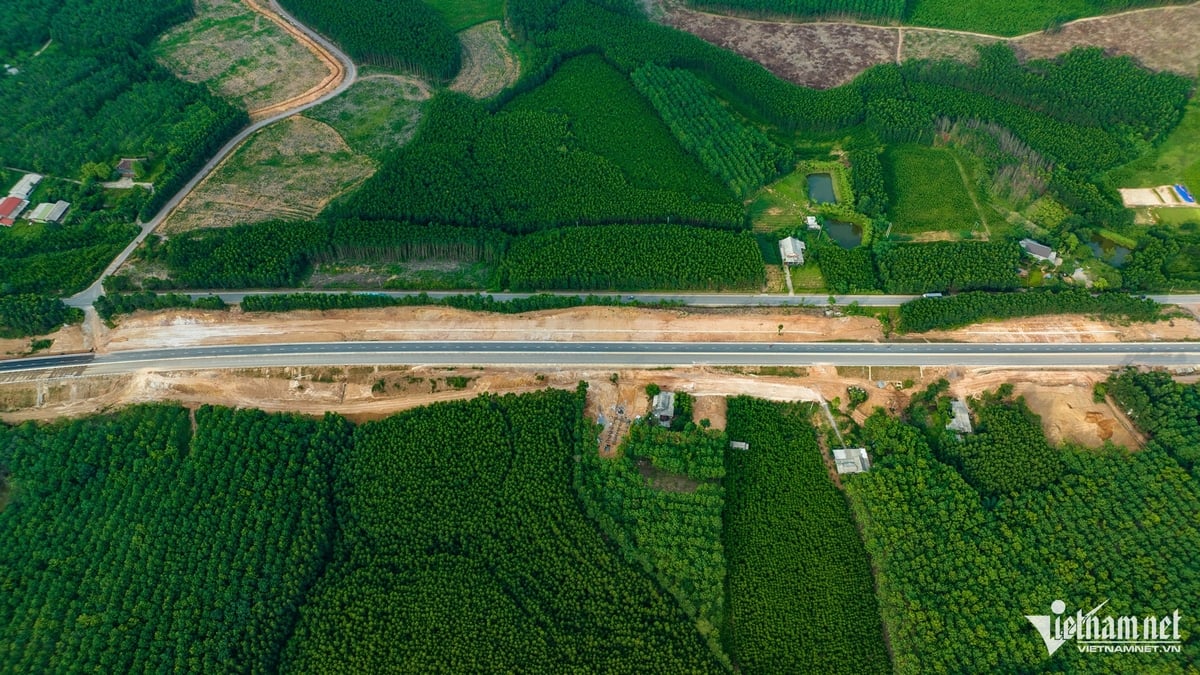


















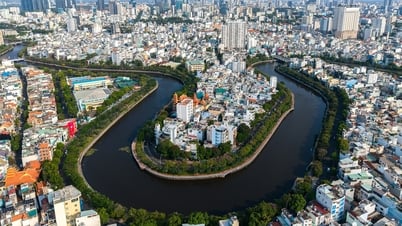































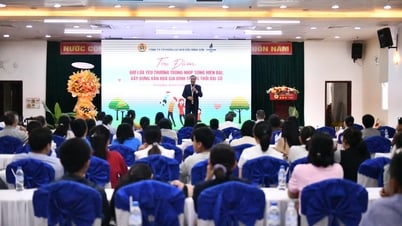




![[Infographic] Circular guiding the functions, tasks and powers of the provincial Department of Culture, Sports and Tourism and the commune-level Department of Culture and Social Affairs](https://vphoto.vietnam.vn/thumb/402x226/vietnam/resource/IMAGE/2025/6/29/877f24989bb946358f33a80e4a4f4ef5)

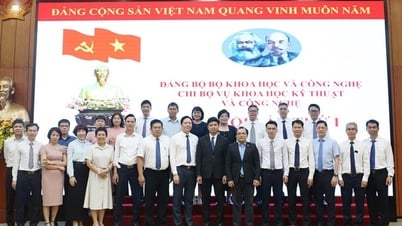

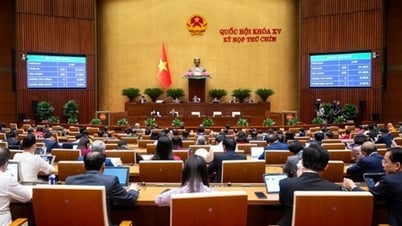
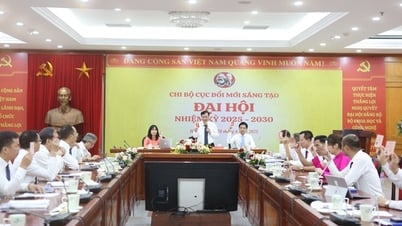
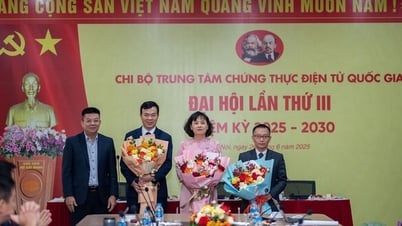
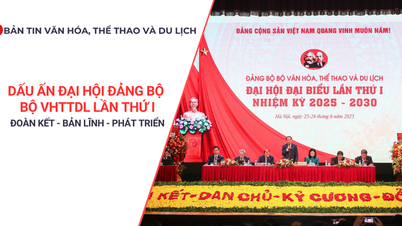
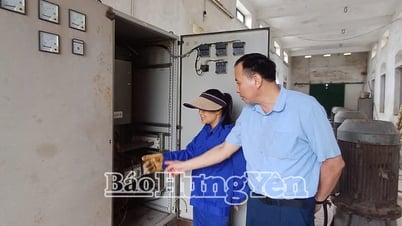

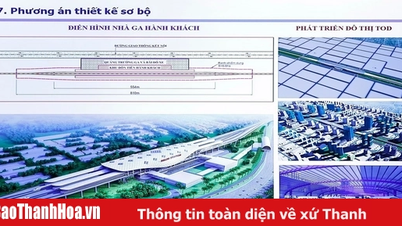







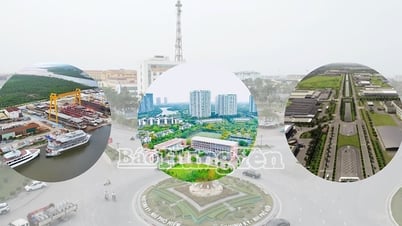















Comment (0)